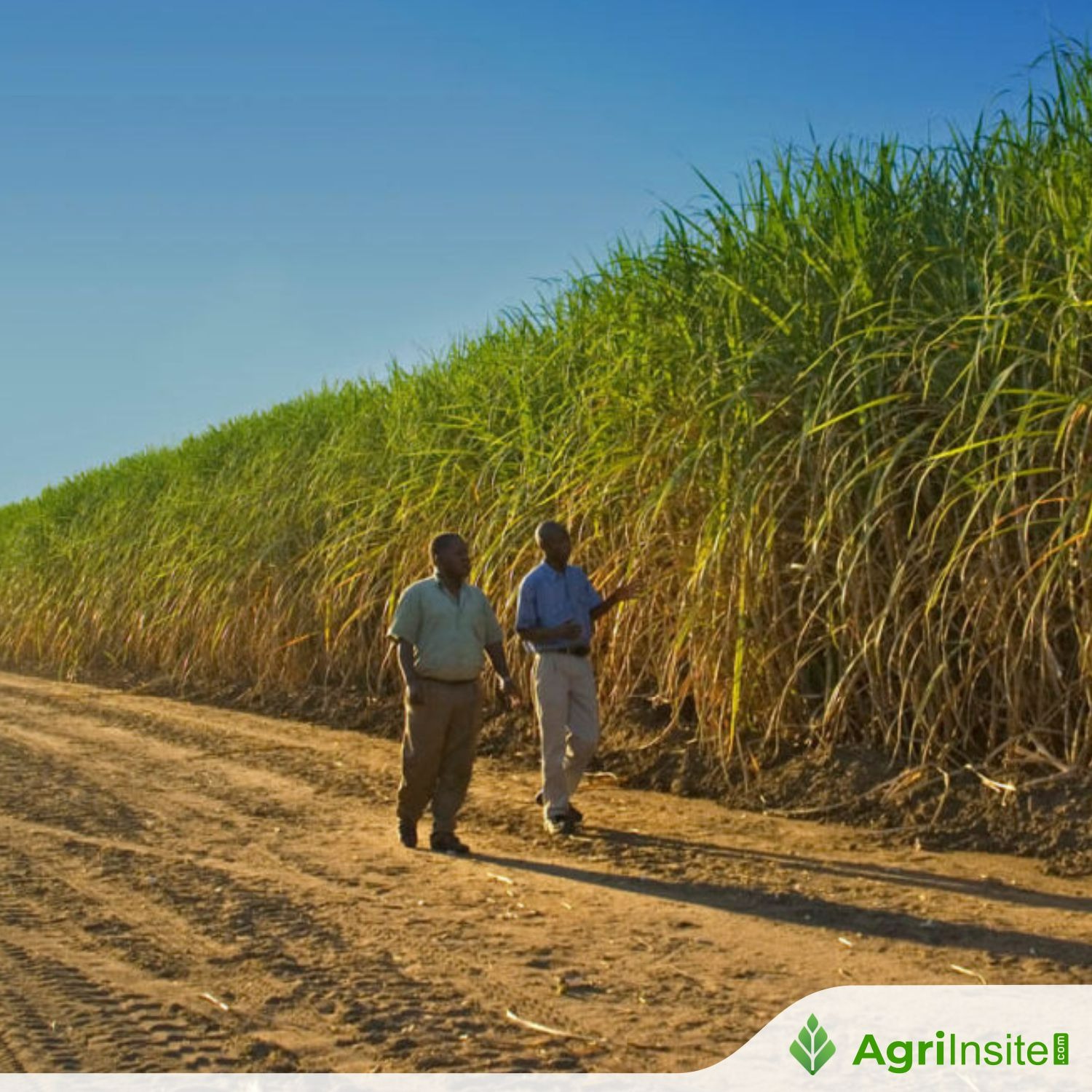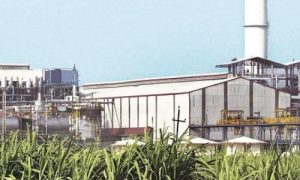Vietnam : Carbon credit project set for Thanh Hoa’s sugarcane

Vietnam’s first carbon credit project, spearheaded by Idemitsu Kosan, Lasuco Group, and Sagri, aims to reduce agricultural carbon emissions through regenerative sugarcane farming in Thanh Hoa province. Starting with 500 hectares in 2025, it plans to expand to 8,000 hectares by 2026, using satellite technology for emission monitoring. This initiative supports Vietnam’s net-zero emissions goal by 2050.
The initiative to generate carbon credits from sugarcane fields in Lam Son, Thanh Hoa province is poised to play a pivotal role in reducing carbon emissions within Vietnam’s agricultural sector. If successful, this model could serve as a blueprint for expanding carbon credit projects across the country.
In a move signalling its commitment to sustainable agriculture, Idemitsu Kosan Co., Ltd., Lam Son Sugar Cane Joint Stock Corporation (Lasuco Group), and Sagri Co., Ltd. signed an agreement in mid-December in Thanh Hoa province to implement Vietnam’s first project generating carbon credits from sugarcane fields.
The venture will pilot an environmentally regenerative agricultural model on sugarcane fields cultivated through the collaboration between Lasuco Group and contracted farmers. Advanced satellite analysis technology from Sagri will be applied to monitor and reduce greenhouse gas emissions while enhancing soil carbon storage, aiming to register carbon credits.
The trial phase is set to commence in 2025, covering 500 ha of farmland operated by farmers practising environmentally regenerative agriculture. Satellite analysis technology will monitor soil conditions and sugarcane growth, optimising the type, amount, and timing of fertiliser application to reduce chemical fertiliser usage.
Following the trial phase, if greenhouse gas emissions are sufficiently reduced, the initiative is slated for commercial operation in 2026, with an expanded scale of 8,000 ha. The generated carbon credits will be registered under the ‘Improved Agricultural Land Management’ methodology (VM0042) of Verra, the world’s largest voluntary carbon credit certification organisation. If successful, this will be the first project in Vietnam to be registered under VM0042.
Notably, in this collaboration, Idemitsu acts as the investor purchasing the carbon credits and is responsible for working with regulatory agencies in Vietnam. Sagri oversees project management, provides satellite data analysis technology, and handles the carbon credit registration process. Meanwhile, Lasuco implements the project, introduces the initiative to farmers, and collaborates on deploying the regenerative agricultural model.
Egashira Hideaki, general director of Idemitsu Vietnam, highlighted that the venture is a pioneering initiative in implementing sustainable regenerative agriculture in Vietnam. It marks the company’s first initiative to generate carbon credits by improving agricultural land management.
“We believe this project will help reduce chemical fertiliser use and encourage the reasonable application of organic fertilisers on sugarcane farms, thereby not only protecting the environment but also promoting local economic development and contributing to Vietnam’s sustainable agricultural decarbonisation process,” said Egashira at the project signing ceremony.
As the venture investor, Idemitsu aims to provide environmental solutions, reduce carbon emissions in Vietnam’s sustainable agriculture, and support local economic development. The company seeks to establish a roadmap balancing stable energy supply with addressing climate change issues. In the long term, it strives to be a pioneer in energy and carbon-neutral solutions by 2050 within a circular society.
Highlighting the scheme’s ambitious goals, Le Van Phuong, general director of Lasuco Group, emphasised the importance of strategic partnerships in advancing sustainable agriculture.
“Our collaboration with Idemitsu Kosan and Sagri represents a crucial step towards significantly reducing the environmental impact of sugarcane cultivation. Together, we aim to drive meaningful progress in cutting greenhouse gas emissions within Vietnam’s agricultural sector,” he said.
With its superior ability to absorb and store CO2, sugarcane is a strategic crop in Vietnam’s carbon reduction efforts. “Our long-term goal is to promote sustainable agriculture, enhance soil carbon storage, and create a roadmap for carbon neutrality in sugarcane farming and sugar production. This will contribute to the net-zero emissions goal by 2050, while improving farmers’ livelihoods and advancing green, sustainable agriculture for the community,” the general director of Lasuco added.
Le Duc Giang, Vice Chairman of Thanh Hoa People’s Committee, praised the collaborative and mutually beneficial spirit of the participating parties, especially their shared goal of reducing carbon emissions. He also expressed hope for more investors to explore Thanh Hoa’s development potential.
Through this initiative, Lasuco, Idemitsu Kosan, and Sagri are committed to contributing to carbon emission reduction in Vietnam’s agriculture. Additionally, these companies plan to scale this model to other regions and crops across Vietnam and neighbouring countries, with the goal of advancing sustainable carbon credit initiatives.
To read more about Sugar Industry continue reading Agriinsite.com
Source : VIR















